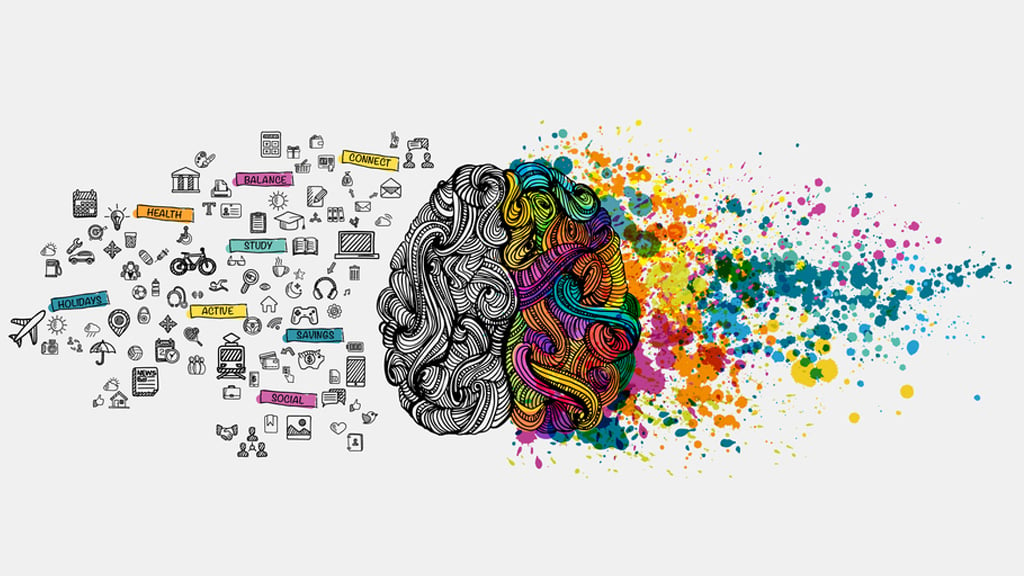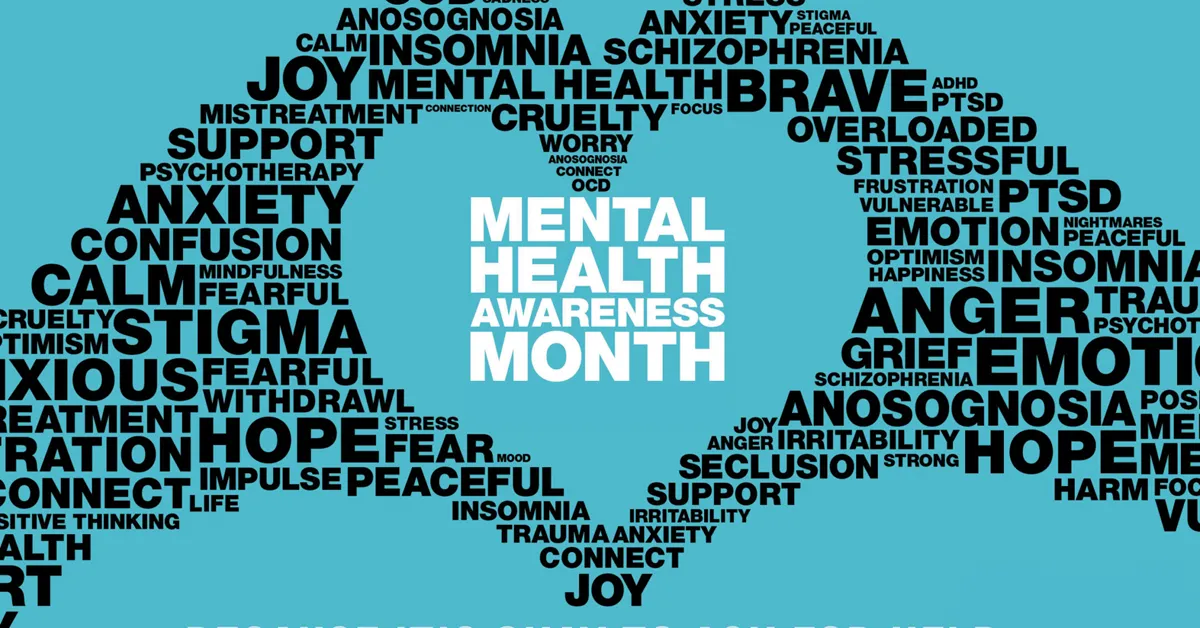Comprehensive Inpatient Mental Health And Wellness Services for Effective Treatment
Inpatient psychological wellness services represent an essential part of the healthcare system, supplying a intensive and structured setting for individuals experiencing severe emotional distress. Checking out the nuances of this continuum exposes substantial implications for both individual recovery and broader mental wellness end results.
Comprehending Inpatient Mental Health Solutions
Inpatient mental wellness services provide crucial support for individuals experiencing serious mental distress that can not be taken care of effectively in an outpatient setting. These solutions are created to supply an extensive level of treatment in an organized environment, commonly within a hospital or specialized center. People admitted to inpatient programs typically present intense signs, such as suicidal ideation, severe clinical depression, or psychosis, requiring round-the-clock monitoring and intervention.
The admission procedure typically involves a thorough evaluation by psychological health experts, that assess the person's frame of mind, background, and immediate requirements. Once admitted, individuals participate in a variety of healing modalities customized to their particular requirements, including medication management, private treatment, and group sessions. This alternative approach aims to maintain the client's problem, promote safety, and foster coping skills.
Inpatient psychological wellness services not just address instant wellness issues however also work as a bridge to recurring care. By supplying a controlled setting, these services assist in the growth of therapy strategies that can be continued in outpatient settings, hence guaranteeing a continuum of care and enhancing long-term results for individuals with complicated mental health and wellness needs.
Key Parts of Effective Therapy
Reliable treatment in inpatient mental health services comprises numerous vital parts that cultivate recovery and stablizing. Most importantly, a detailed analysis is necessary to identify the person's certain requirements and difficulties. This assessment educates the growth of a tailored therapy strategy, which offers as a roadmap for intervention.
Another critical element is the multidisciplinary team method. Collaboration amongst psychoanalysts, psychologists, nurses, and social employees makes sure that different point of views contribute to the person's treatment, improving the effectiveness of therapy. Evidence-based restorative modalities, such as cognitive-behavioral treatment (CBT) and dialectical behavior therapy (DBT), are likewise important, offering structured techniques that attend to maladaptive idea patterns and behavior problems.

Lastly, a focus on aftercare preparation is important to ensure a smooth shift to outpatient solutions, reducing the risk of regression and promoting lasting wellness. These cumulative elements create an efficient treatment framework within inpatient psychological health solutions.
Benefits of Comprehensive Treatment

Extensive treatment in inpatient psychological health solutions supplies numerous benefits that dramatically enhance client results. Among the key advantages is the holistic approach to therapy, resolving not just the psychological symptoms however likewise the physical, social, and psychological needs of individuals. This detailed assessment allows for tailored interventions that promote overall wellness.
One more benefit is the combination of multidisciplinary groups, which promotes collaboration among healthcare professionals. This collaborative environment guarantees that clients obtain worked with treatment, lowering the threat of fragmented therapy and boosting interaction amongst caregivers. Thorough treatment assists in continuity of services, permitting for smooth shifts from inpatient to outpatient settings, which is crucial for lasting healing.

Lastly, the structured setting of thorough inpatient treatment supplies a secure room for people to participate in restorative tasks, helping them create dealing strategies and resilience. Collectively, these advantages add to a lot more efficient treatment and improved lifestyle for people experiencing mental health crises.
Evidence-Based Restorative Techniques
In the world of psychological health and wellness treatment, evidence-based therapeutic strategies play a crucial duty in making sure that patients get reliable and medically supported interventions. These methods incorporate the most effective offered research study with professional proficiency and patient worths, fostering a customized treatment experience that resolves private needs.
Cognitive Behavior Modification (CBT) is among one of the most widely acknowledged evidence-based approaches, focusing on determining and transforming negative thought patterns and actions. This structured method has actually shown efficacy in treating problems such as anxiousness, depression, and ptsd. Dialectical Habits Therapy (DBT) is especially efficient for individuals with borderline character problem, stressing the advancement of psychological policy and interpersonal effectiveness skills.
In addition, drug monitoring is often an essential helpful hints component of evidence-based therapy, as psychotropic drugs can relieve signs and symptoms and boost general functioning. Collaborative care versions, which entail multidisciplinary groups, even more enhance the efficacy of inpatient solutions by making sure thorough examinations and continual surveillance.
Eventually, the integration of evidence-based therapeutic strategies not just advertises favorable medical outcomes yet likewise empowers people, promoting a sense of firm and durability in their mental wellness trips.
Transitioning to Outpatient Support
The change from inpatient mental health solutions to outpatient support notes a vital phase in an individual's recovery trip. This period calls for cautious planning and sychronisation to ensure connection of care and to alleviate the risks of regression or crisis. Efficient discharge planning must start early in the inpatient remain, entailing a multidisciplinary team that consists of psychiatrists, psycho therapists, nurses, and social workers.
Trick aspects of an effective transition include the advancement of an extensive aftercare strategy tailored to the individual's details needs. This strategy needs to describe follow-up consultations, medication administration, and restorative treatments, as well as determine area sources and support system that can promote ongoing healing.
Additionally, patient and family education is essential throughout this stage. Understanding the indications of possible troubles and the significance of adhering to therapy can equip people and their support systems.
Regular follow-up and reassessment of the outpatient plan are important to deal with developing difficulties. By fostering a collective relationship between outpatient and inpatient companies, the probability of continual healing rises, inevitably boosting the person's top quality of life and lowering the threat of readmission.

Conclusion
In recap, thorough inpatient mental health and wellness solutions offer a necessary structure for addressing serious emotional distress via a multidisciplinary method. By incorporating evidence-based treatments, promoting an organized environment, and promoting household participation, these solutions boost therapy effectiveness. The emphasis on stability and the advancement of dealing abilities not just help in prompt recovery but likewise assists in a smoother change to outpatient treatment. Inevitably, such comprehensive care is vital for long-term mental health and wellness and wellness.
The admission process generally entails a thorough analysis by psychological health and wellness professionals, who evaluate the person's psychological state, history, and immediate demands.Reliable therapy in inpatient mental health services consists of a number of essential components that cultivate healing and stabilization.Comprehensive link treatment in inpatient mental health solutions offers various benefits that significantly boost client outcomes.The change from inpatient mental health informative post solutions to outpatient support notes an important phase in a person's healing journey.In recap, extensive inpatient psychological health and wellness solutions use an important structure for dealing with extreme mental distress through a multidisciplinary technique.